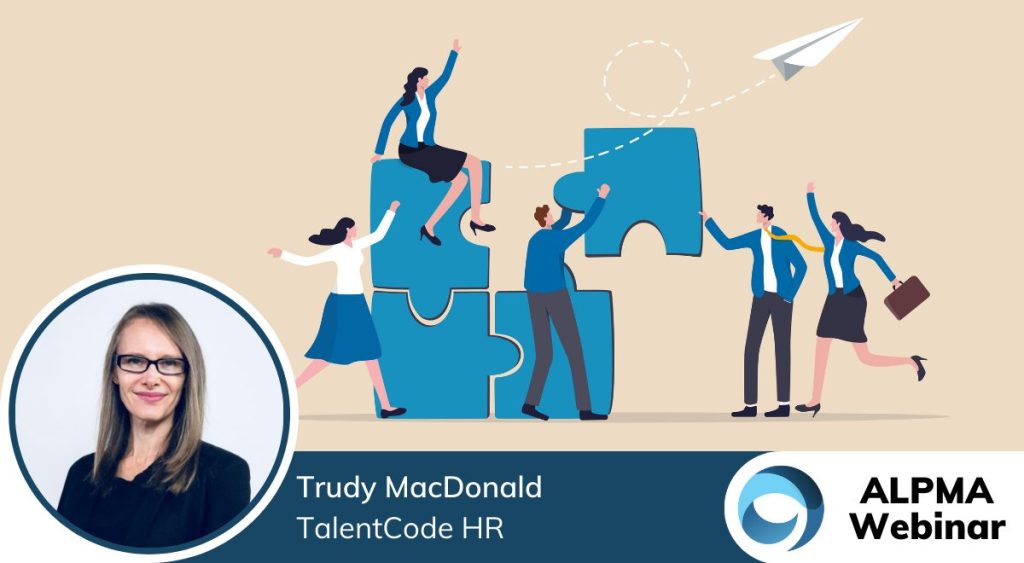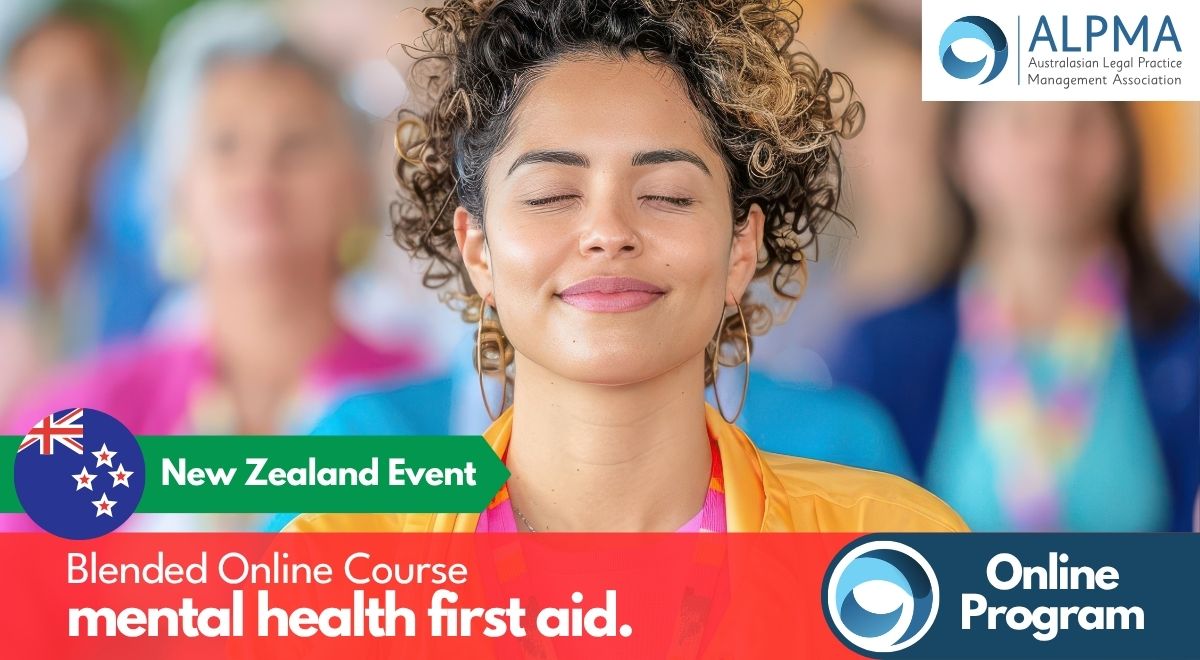Meet one of our accredited Mental Health First Aid instructors, Lauren Zelunka, as she shares her Mental Health First Aid journey and what the program means to her.
Starting with a decade of experience in the Alcohol and Drug Sector, Lauren has always been passionate about reducing the stigma and increasing awareness around mental health.
I was given the opportunity in a former job role to undertake the Mental Health First Aid (MHFA) Instructor Training, and jumped at the opportunity. Having been in the Alcohol and Drug Sector (AOD) for close to a decade at that time in a variety of roles, I had always worked with people with cooccurring mental health issues. I am very passionate about reducing the stigma and talking about Mental Health, in both my personal and professional capacities. Being able to become a MHFA Instructor ensured that I could continue sharing the information out there about mental health and I can do my small part to increase awareness and reduce stigma around this area.
I believe I am fortunate, as helping people is something that is within my nature and where I feel happy and content. Therefore, being able to share the information through MHFA programs to people to help reduce stigma and provide people tools to be able to hold conversations with themselves or others who might be experiencing low mental health, is really a gift for me.
The benefits of the MHFA program go beyond just each session’s participants.
Being a MHFA Trainer has many rewards. For me, it is mainly about imparting knowledge that can be helpful to everyone: not only those who attend the sessions, but their friends, families and colleagues also get benefit, even if it’s just sharing that mental health is ‘normal’ and everyone is likely to experience at least moments of low mental health throughout their life time – and that’s okay.
MHFA programs allow us to talk freely about mental health and the common place that it has in our society today. Talking about it automatically assists to reduce stigma around mental health. I am very passionate about mental health and ensuring that people have correct information about what it is, what it might look and sound like, and how to be able to help someone, even if you are not a professional working in the field.
Integrating mental health discussions and self-care into everyday life.
I would say, in all areas of my life including personal and professional, I talk about mental health and share information on helplines or that a GP is a good place to start, if anyone is ever having a hard time. I often share some appropriate personal experiences, where I have engaged in mental health support at times over the years to demonstrate that I 100% practice what I preach, when it comes to talking and getting support for myself or others.
I also engage in reflection, supervision and self care activities regularly. This allows me to be my best self and show up for these very important programs that I have the opportunity to run.
I am an avid advocate of self care. It is something that I have utilised for many many years, probably before I was even qualified in my undergraduate and had that term to use for it. It is something that we talk about throughout the MHFA programs and I try to make the activity on the second day fun and engaging, to assist in encouraging people to ensure that they do engage in self care – even if it is only for 5 minutes.
Dispelling misconceptions
One of the biggest misconceptions I have encountered in my work has been around people who use substances and then cooccurring mental health conditions. It is a bit like the chicken or the egg, which comes first. We don’t always know, but often, we do understand that on most occasions substance use will exacerbate mental health issues in the long term. Ensuring that people have an understanding of this can be helpful for them. It also allows a more holistic approach to be used by not concentrating on only one particular area in someone’s life, but instead looking at every aspect and how they can live their best life.
The MHFA program gives people the tools and confidence to have conversations that could change a life.
So many people get their physical first aid certificate without giving it a second thought, and instantly put their hand up for the training opportunity. I hope in the future it becomes the same for MHFA training – it is just as important as knowing the DRSABC in my opinion.
My goals as a MHFA trainer is to hopefully provide fun and interactive sessions that help participants retain the knowledge and tools for them to feel confident going out into the world and being MHFAiders themselves. After all, knowledge is power.
I really hope that those who attend MHFA programs are able to take away tools and the confidence to be able to have these conversations with people in their life. They do not have to be experts, they just need to be curious and perhaps notice when someone is not themselves and do a check in – this could 110% save that person’s life.
Despite challenges working in this field of practice, one of the motivators that keeps me going, is knowing that even though I may never see or hear about the one instance that there was a light bulb moment for someone that changed their course for the better, there is a chance that me sharing this knowledge could assist with that, and that is enough for me.
We are human. Mental health, like physical health, is on a continuum and needs to be nurtured and worked at to keep in shape. We may not be able to see what someone is feeling, but we can be curious – just asking and genuinely listening to someone’s response can be enough.


